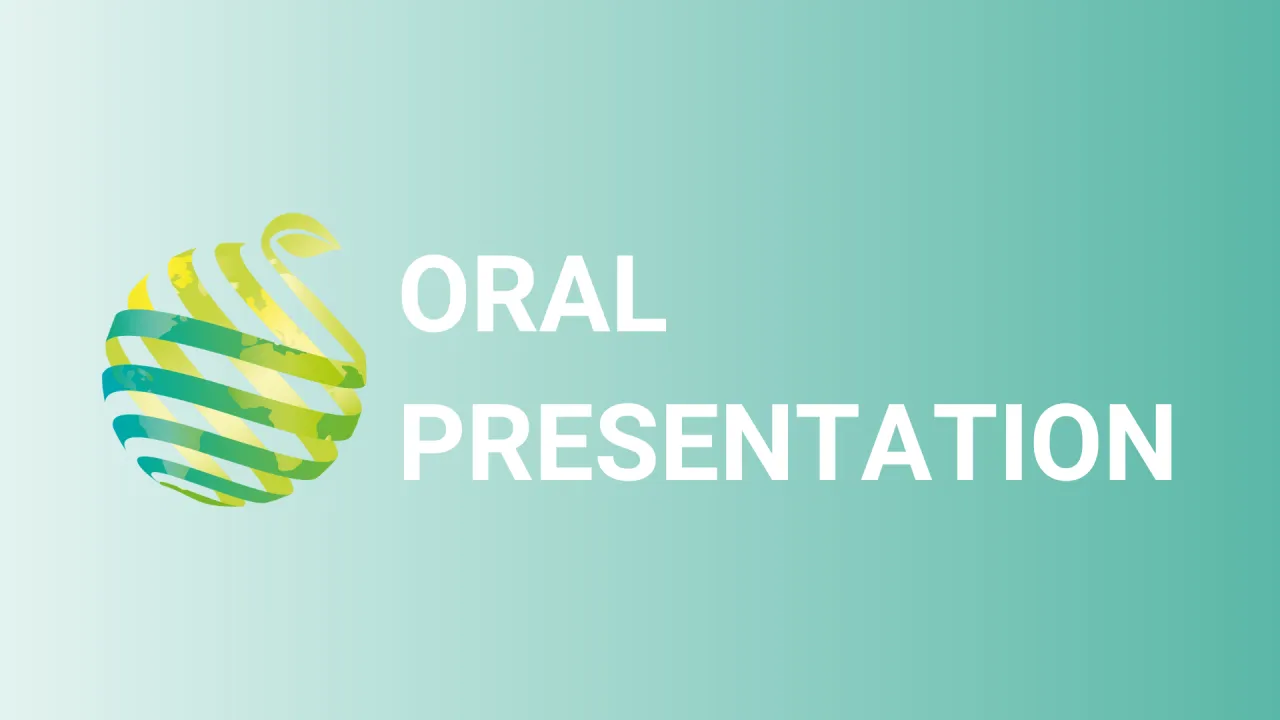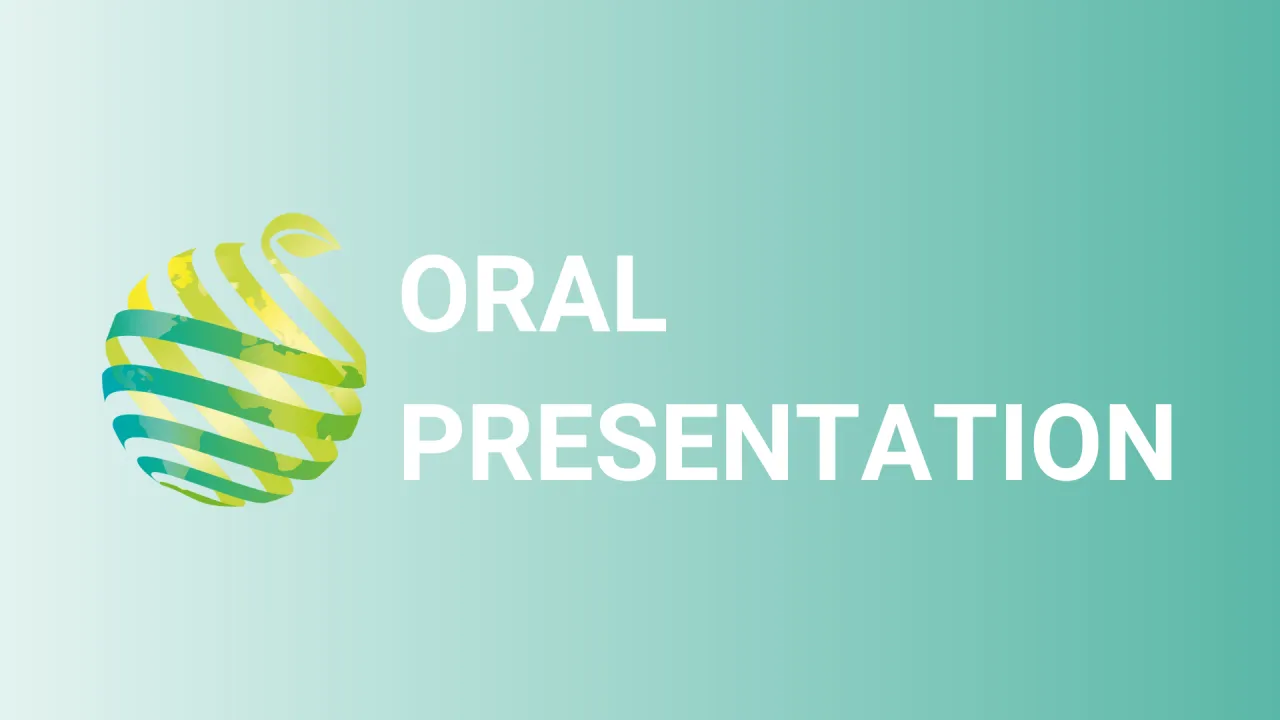

S14 - Session O4 - Benefits and limitation of the cultivation of apple trees under rainproof cover
Information
Authors: Franziska Zavagli *, Daniel Bondesan, Jordi Cabrefiga, Irene Donati, Hinrich Holthusen, Markus Kelderer, Franco Micheli, Andreas Naef, Francesco Spinelli, Pere Vilardell, Marcel Wenneker
Cultivation under plastic may reduce the use of pesticides, by modifying environmental conditions, preventing pathogens and pests. Since the 90s, rain covers placed over cherry trees were to protect cherries from cracking and rots. This so-called physical method has also been studied on other fruit species (pear, apricot, mango). At CTIFL, experiment with rain covers started ten years ago in apple orchards. The biological efficacy against apple scab ( Venturia inaequalis ) depends on the varietal susceptibility and the scab pressure in the orchard. As the rain cover is not hermetically closed, V. inaequalis is able to spread via spores under the covers. In addition, other diseases such as powdery mildew and pests such as woolly aphids are favoured by the microclimate under cover. Regarding to fruit rot diseases, such as lenticel rots, rain covers limit fungal infections as most fungi need a water film to germinate and infect the plant. Benefits of rain covers is to reduce the number of fungicide applications and to limit pesticides residues on the fruits. The two main difficulties encountered are the life span of the rain covers (weather resistance, shading caused by dusting) and, for certain apple varieties, yield losses and reduction of fruit quality (i.e. colouring). The technical constraints consist in adapting irrigation under the rain covers and managing rainwater on the inter-row. The work carried out at CTIFL was supported by a network of experiments conducted in French experimental stations and commercial orchards. At European level, within the framework of EUFRIN (European Fruit Research Institute Network), CTIFL is leading a working group called "Sustainable Fruit Production to Minimize Residues", and research partners from Denmark, Germany, Italy, Netherland, Spain, and Switzerland have also set up studies on rain covers in apple orchards.